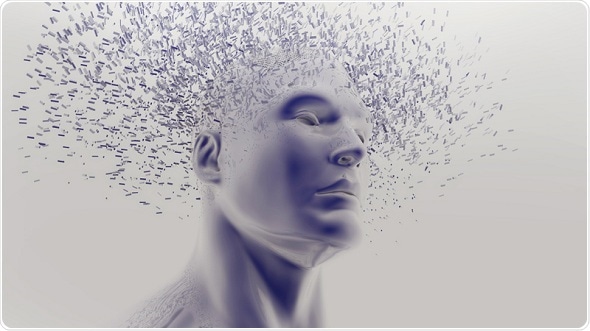If a loved one has a heart attack that stops the heart, ends up in a coma, and the treating physician approaches you about taking the person off life support, would you trust that the physician knows when to make the call or how to judge that the person won’t recover? It turns out that the science is rather shaky on when to decide the likelihood of recovery from a coma after the heart stops.

Credit: Getty Images
To better facilitate research on appropriately determining prognosis after cardiac arrest and to establish better treatments for recovering from brain injury, a working group composed of a Johns Hopkins Medicine physician and American Heart Association (AHA) experts have released a scientific statement that provides best practices on how to predict recovery in comatose survivors. The statement was released in the July 11 issue of Circulation.
At this time, there aren’t any rules or set criteria for how to carry out a study to predict recovery. Because of low quality, flawed research, decisions related to current policies may result in prediction errors that may forecast a poor outcome for patients who may have a good outcome, or vice versa. Moreover, the lack of standards for predicting outcomes has made it all but impossible to properly study therapies that could potentially heal the brain and the rest of the body after being resuscitated from cardiac arrest.
To develop this scientific statement, the AHA Emergency Cardiovascular Care Science Subcommittee formed an international panel of experts in the adult and pediatric specialties of neurology, cardiology, emergency medicine, intensive care medicine and nursing. The group’s goal is for the clinical research community to develop an accurate, precise clinical test for most patients after resuscitation from a cardiac arrest to determine likely prognosis.
We owe it to patients and families to ensure we are doing the best to both not prolong unnecessary suffering while balancing that with not withdrawing care too soon if the person has the potential to recover with a reasonably good quality of life. At the current state of affairs, we have to acknowledge the limitations in our practices in this area because we don’t have high-quality science to back our decision-making.”
Romergryko Geocadin, M.D., the chair of the expert panel and professor of neurology, neurosurgery, and anesthesiology and critical care medicine at the Johns Hopkins University School of Medicine
According to the statement, about 8% of the more than 320,000 people who have cardiac arrest outside of a health care setting in the U.S. are released from the hospital with a good outcome, whereas the vast majority of resuscitated patients end up in a coma or another state of consciousness due to brain injury. Most of the deaths are reported as brain injury, yet only 10% of these patients show clinical signs of brain death. Most die from being removed from life support because it’s predicted that they will have little brain function and will most likely not recover.
Currently, many physicians wait 48 hours after a cardiac arrest for a patient to awaken from a coma, and some even opt to wait 72 hours. But due to testing limitations and other confounding factors, such as therapeutic hypothermia, predicting an outcome may be biased and premature.
During a cardiac arrest, there are two stages of brain injury: One is due to lack of oxygen and the other happens, ironically, after blood returns. Healing may not begin until after the patient has cleared this hurdle, which may take at least a week after the cardiac arrest. This further muddies the decision for how long to wait for a patient to awaken. Sedatives may also influence some of the diagnostics that determine brain function, so the authors generally recommend waiting seven days or until after the patient comes off sedatives, whichever happens later.
“One possible reason that every single drug that has been tested in clinical trials to heal brain injury after cardiac arrest may have failed is because the studies are designed to look for these drug effects at 30 or 90 days after successful resuscitation from cardiac arrest, but we don’t allow most of the patients time to recover for that period. Instead, early predictions on recovery (within 72 hours) are made based on low quality studies,” says Geocadin. “By providing this statement, health care providers can use this as a guide to develop better, more rigorous studies that can inform how to undertake better clinical studies that will lead to better practice medicine and develop helpful treatments for our patients.”
The authors reviewed the current diagnostics available and their limitations to test brain function, such as assessing reflexes, stimulating sensory nerves in the arm, measuring pupil dilation after shining a penlight in the eye, using electroencephalogram to evaluate for seizures, applying MRI and computerized tomography brain imaging, and more. By using existing or yet to be developed tools properly in better designed studies, they hope researchers can adopt these procedures or enhance them to create better diagnostics for predicting long-term brain function.
The statement offers clinician researchers parameters for setting up their studies, such as how many people they need to enroll, what statistical methods to use, when to reassess function in those that do recover, ways to avoid bias and applying protocols consistently.
The statement’s final section addresses ethical issues like respecting patient or family wishes for being on life support and do-not-resuscitate orders. The authors address that quality of life is an important factor, and stress that currently there is limited data regarding long term outcomes after awakening and more work needs to be done.
Predicting Survival for Cardiac Arrest Survivors | Romer Geocadin